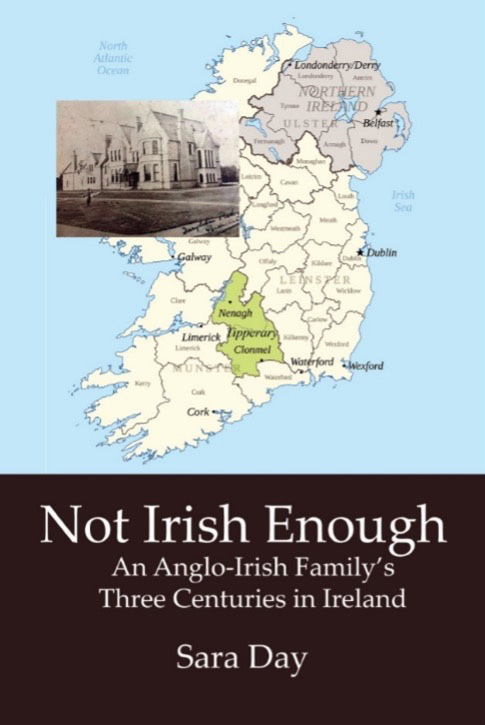About
Sara grew up in a conservative English county family in England, hampered intellectually by the reactionary 1950s attitudes in those families to higher education for girls—initially limited horizons that were dramatically broadened after she first arrived in the United States in 1964. After a brief return to London, where she began her publishing career, she returned to the States with her new husband in 1969, finding her way into a long career in historical interpretation as researcher, curator, writer, and editor—and finally settling in Washington, D.C., where she now lives with her husband. Her work has resulted in eleven books, six exhibitions, and innumerable lesser projects. These include:
- Being sole initial researcher for Philadelphia’s massive bicentennial exhibition, A Rising People, in 1973 with unlimited access to the extraordinary collections of the Historical Society of Pennsylvania, the Library Company of Philadelphia, and the American Philosophical Society.
- Fluent in French, while living with her family in Geneva, Switzerland, in the early 1980s, she researched and wrote articles on local history and culture, several of which were published in the Tribune de Genève.
- Eleven years of full-time employment with the Library of Congress, beginning in the late 1980s, during which she curated or wrote the text for two major exhibitions, The American Journalist (1990), and 1492: An Ongoing Voyage (1992). Moving to the Library’s Publishing Office, she edited and co-authored books, exhibition catalogs, and resource guides, including works on American Indian and American women’s history and culture (Many Nations, 1996, and American Women, 2001) and edited James Hutson’s Religion and the Founding of the American Republic (1998).
- As a freelance writer-researcher and independent scholar since the early 2000s, she was chief researcher, managing editor, and collaborator for historian Robert Remini’s The House: The History of the House of Representatives (2006) and researched and wrote Women for Change (2007) about American women reformers.
- Focusing thereafter on her own scholarship, she has produced two major ground-breaking books:
Coded Letters, Concealed Love: The Larger Lives of Harriet Freeman and Edward Everett Hale (New Academia, 2014) is based on the thousands of surviving love letters between those two Unitarians, archived at the Library of Congress since 1969. The Rev. Edward Everett Hale of Boston was previously celebrated in three biographies, none of which revealed his 25-year extra-marital relationship with his wealthy, 25-year-younger amanuensis, and unattributed co-author. This dual biography required breaking the code used to conceal the reality of their relationship and extensive research to reveal the extraordinarily brave woman, a serious amateur scientist and early conservationist, who agreed to protect her famous and ambitious lover’s interests and reputation and disguise her own contributions, particularly once he became chaplain to the U.S. Senate.
And her latest
Not Irish Enough: An Anglo-Irish Family’s Three Centuries in Ireland (New Academia, 2021) was initially inspired by the burning, on the orders of the IRA, of her grandparents’ Big House in North Tipperary in July 1921. Filled with curiosity about the reasons for this atrocity, Day made four research trips to North Tipperary and Dublin’s archives for her narrative thread through the history of violence and political tensions in County Tipperary and between Britain and Ireland from the seventeenth century to the current threat to peace posed by Brexit.
Sara has an M.A. with distinction in Art History from American University, is fluent in French, and is a member of BIO (Biographers International) and the Cosmos Club of Washington, DC. She has two sons and four grandchildren.
